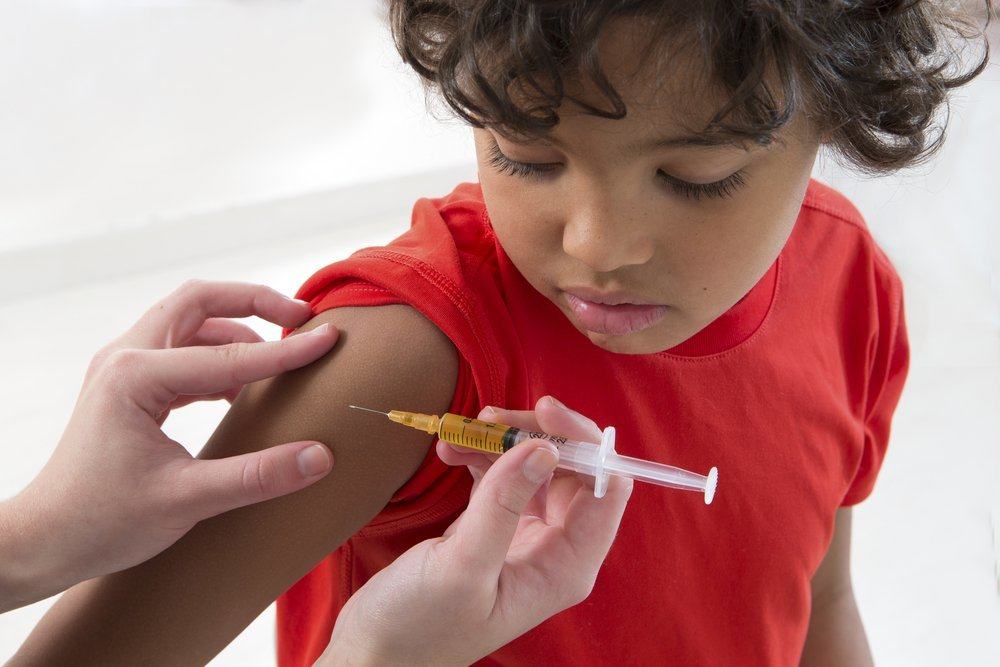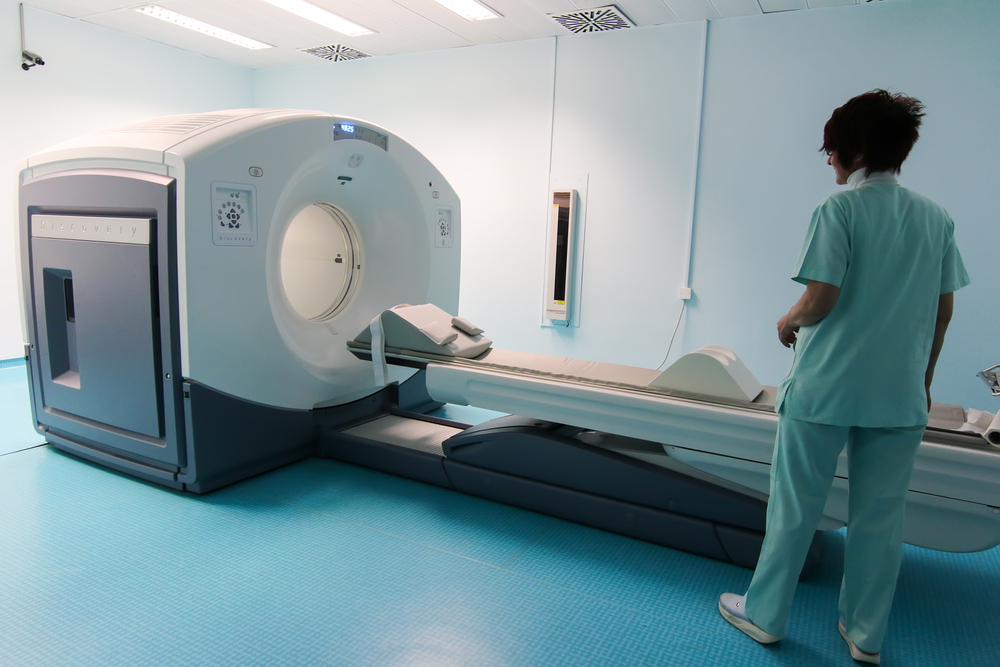Contents:
- Medical Video: Madison: Before & After Vaccine Induced Autism
- Various types of immunization in children
- How can immunization affect children's intelligence?
- Infection and cognitive disease in children
- Provision of immunization to prevent infectious diseases
Medical Video: Madison: Before & After Vaccine Induced Autism
Many things affect children's cognitive and intelligence development, namely healthy and nutrient-rich food intake, parenting, nutritional status and health. In addition, immunization also affects the formation of cognitive and intelligence of children. How can?
Various types of immunization in children
Regulation of the Minister of Health of the Republic of Indonesia number 42 of 2013 which regulates the implementation of immunization, defines immunization as an effort to increase one's immunity from an illness, so that someone is not exposed to an illness, or alleviate the degree of illness suffered. Immunization is the most effective and inexpensive primary prevention effort in dealing with infectious diseases.
Based on the nature of its implementation, immunization in Indonesia is divided into two, namely mandatory immunization and immunization is not mandatory. Immunization must be given to all people, but the choice of immunization is only for someone who needs the immunization because of the risk of certain diseases.
Basic immunization is needed by newborn toddlers to keep it from various infections that can occur. Basic immunization consists of bacillus calmette guerin (BCG), diphtheria pertussis tetanus–hepatitis b (DPT-HB) or diphtheria pertussis tetanus–hepatitis b-hemophilus influenza type b (DPT-HB-Hib), hepatitis B in newborns, polio and measles. Then there is continued immunization which is a repeat immunization to extend the protection of the disease carried out when the child has entered school age.
How can immunization affect children's intelligence?
Indeed the relationship between immunization and cognitive development of children does not occur directly, but immunization affects the incidence of infection in children, and infectious diseases will affect children's growth, including cognitive development.
Infection and cognitive disease in children
Childhood is a very important period in children's cognitive, physical and emotional development. According to WHO, this period is the determinant period of the child's next life. Therefore, more attention is needed if you have a toddler. Children under five are also actually susceptible to infectious diseases, this will not only affect their nutritional status, but also their brain development.
When a toddler experiences an infectious disease such as smallpox, meningitis, polio, measles, diarrhea, etc., this will result in a decrease in appetite and cause the food intake is not fulfilled properly. In fact, food intake with a variety of macro and micro nutrients is needed in the process of brain development. A study shows that children under five who often experience diarrhea and various other infectious diseases have lower cognitive levels than toddlers who rarely or never have infectious diseases.
Provision of immunization to prevent infectious diseases
Immunization can protect children from infectious diseases which can cause a decrease in intake in children who can end up with conditions of malnutrition or even malnutrition. According to WHO and UNICEF (2015) immunization is one of the most successful efforts in improving public health, because almost every year immunization successfully prevents 2 to 3 million children from infectious diseases and avoids 1.5 million children under the age of 2 years from death.
The same statement was expressed by Anekwe and Kumar (2012) in his research stating that in developing countries, immunization in children can maintain the nutritional status of children and increase children's growth. This is in line with the results of research conducted in several developing countries, that immunization can help grow children (Bloom, Canning, & Seigur 2012; Jafar & Srivastava 2012).
Provision of basic immunization can prevent children under five from getting an infectious disease, where at that age the child is in a critical period and easily experiences malnutrition. If this is experienced continuously, then the child will experience growth and development disorders. Therefore it can be concluded that timely immunization is important, so that children avoid chronic and acute infectious diseases, keep their nutritional status good, and help their growth and development.
READ ALSO
- Regulating the Balanced Nutrition Diet for Children with Food Allergies
- 7 Things Parents Must Do for Child Mental Health
- Why do children need to take a nap












